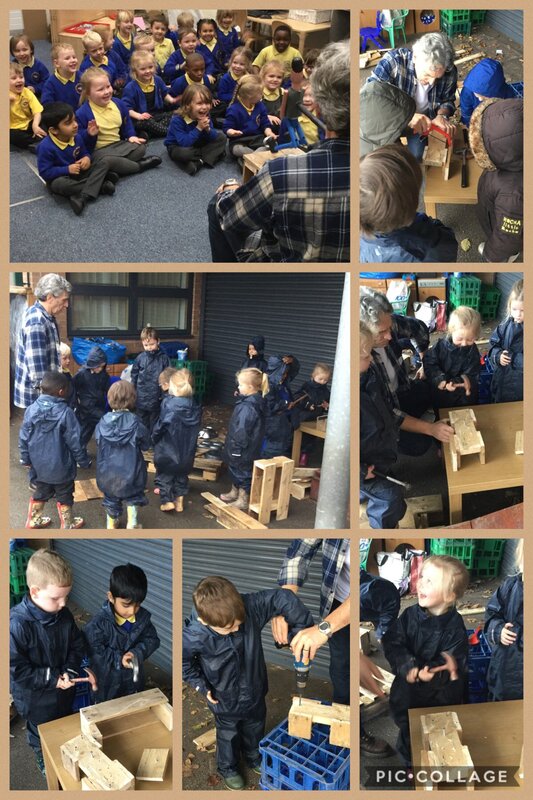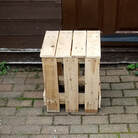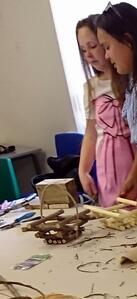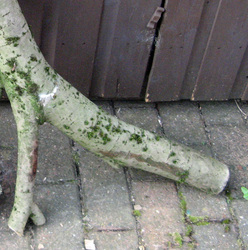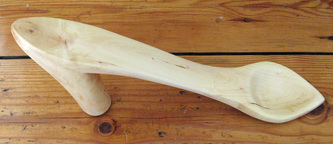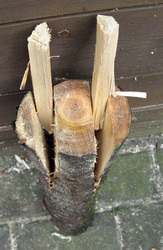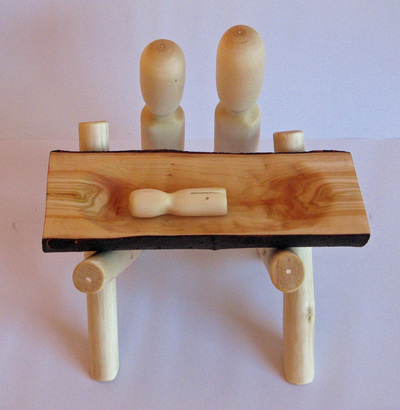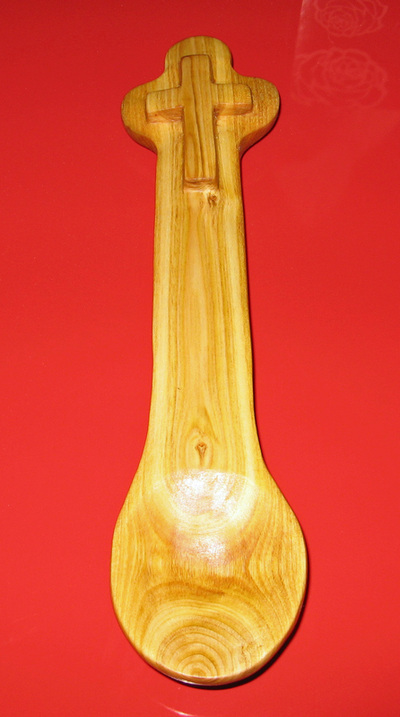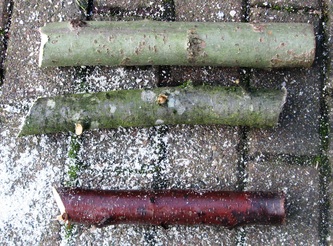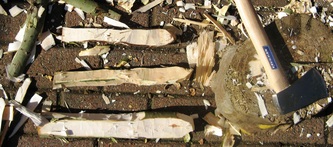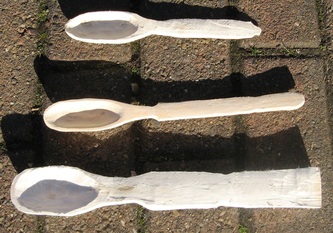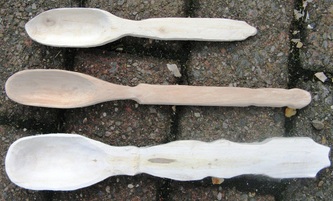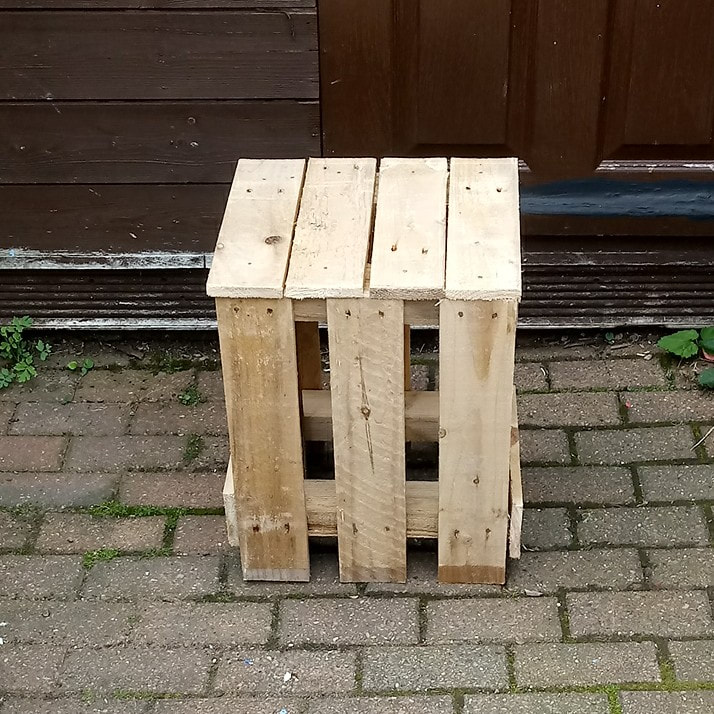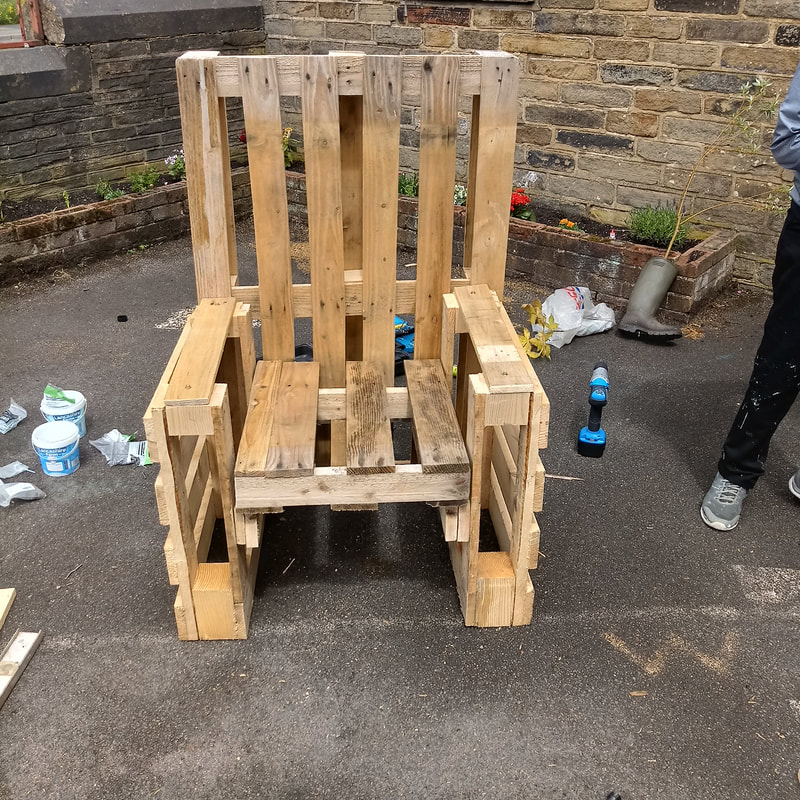Woodcraft and Wordcraft
The Lumberjunkers
- Due to the interest in traditional crafts and forest schools, we have created a peg/spoon/ recycled wood making day which can be turned into a two day workshop if required. Suitable for upper KS1 upwards.
Students will then be able to make their own willow clothes peg. The spoon made during the demonstration will be for the school to keep, and the children to hand finish as a team.
When students have made their clothes peg, they and their teachers can decide if they want to turn it into a traditional peg doll.
The workshop is a unique blend of traditional woodcraft and storytelling, helping students to understand the process of both as craft and art.
Each starts with basic materials and if worked with and developed, each produces something to be proud of and something that can be shared. Whether that’s a spoken story or a written one, a peg that can be used to hang up washing or turned into a doll, or just admired for the traditional wooden craft item it is.
*Particularly good for children with lots of energy as it’s a great way of helping them improve concentration, patience and motivation.
*Creates opportunities for writing and telling stories about their peg, as well as re-telling and writing about the woodworking stories they hear.
Students will experience and be able to demonstrate basic traditional woodcraft, design skills, persistence, perseverance, and the physical effort to create a unique handmade product.
* The workshops can be done inside or outside depending on the weather.
*This workshop is now available as an Inset for teaching, support staff and leadership, contact for further details.
Below is a selection of Richard’s toys, spoons, and recycled furniture some belong to stories, some have been commissioned for particular projects and exhibitions.
* Due to demand we have created 'Little Lumberjunkers' a woodworking workshop for nursery, reception and year 1
The history of making Pegs and Spoons
The Travelling woodworkers had to make their products well but also quickly and they did this with very few tools. They made clothes pegs from willow and Hazel or ‘nut wood’ as some called it. They made spoons from all kinds of wood including cherry and chestnut, but Willow was often preferred because it grew everywhere in the country and it grew quickly but it also was a wonderful wood to work with too. Many believed it also had healing properties, it was said that despite a life time of making spoons, most spoon-makers still had good hands due to contact with the bark and sap of the willow.
Traditionally made pegs and spoons are symbol of craftsmanship, enterprise and cooperation.
There are many other lessons to be learned from peg and spoon making too.
Spoons weren't always made of metal and spoons weren't always as common or as cheap to buy as they are now. In the old days many people made their own spoons and carried them around with them to other people's houses. Many of these spoons were beautifully carved and finished and if looked after would last a long time.
* Did you know that the nursery rhyme 'hey diddle diddle' originated from the stories of the Travelling woodworkers.
Here are a few of the spoons and other wooden creations from Richard
You can buy an individually hand made spoon from Richard like the ones at the bottom of this page for around £20, pegs for around £2.00 however now that many of his more intricate spoons are on display in private collections and museums around the world, some of them command high prices like the two below which are currently valued at £500 each. Proving that with dedication to a skill it may just become an art.
